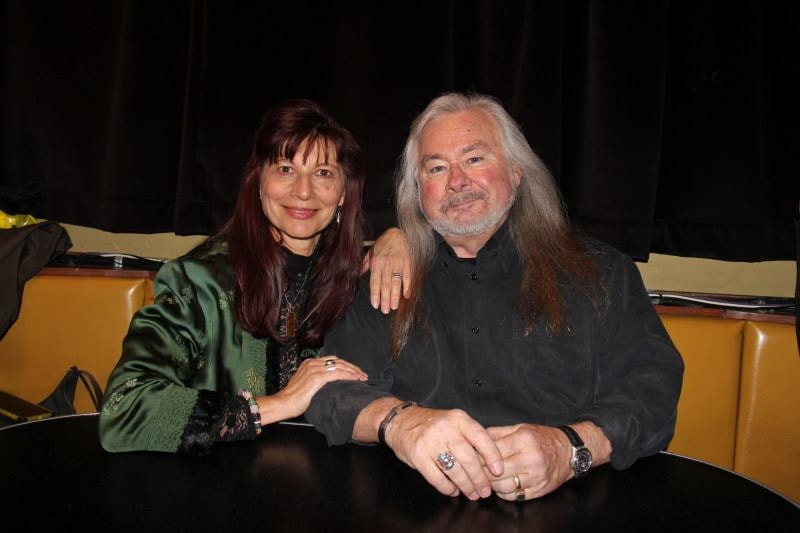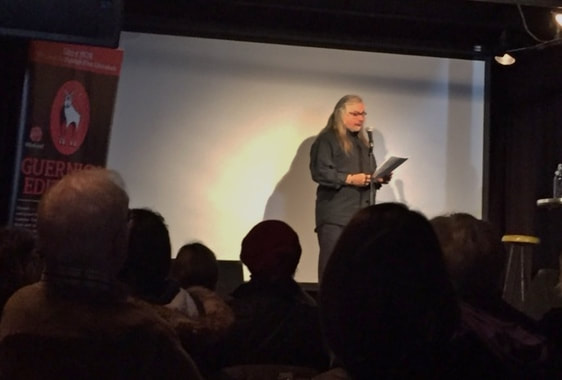Author Brian Van Norman
|
www.authorbrianvannorman.com
|
Click button for MENU >
|
Brian Van Norman

Once a teacher, theatre director and adjudicator, Brian left those worlds to travel with his wife, Susan, and take up writing as a full time pursuit.
He has journeyed to every continent and sailed nearly every sea on the planet.
His base is Waterloo, Ontario, Canada though he is seldom found there.
With past awards in playwriting and short stories Brian turned his hand to writing novels.
CONTACT: [email protected]
Novels
The Betrayal Path (Amazon)
Immortal Water (Guernica Editions)
Against the Machine: Luddites (Guernica Editions)
Against the Machine: Manifesto (Guernica Editions)
Against the Machine: Evolution (Guernica Editions)
AVAILABLE AT:
- Guernica Editions.com
- Independent Book Stores
- Chapters/Indigo, Canada
- Amazon.ca
- Barnes & Noble, USA
- Amazon.com
- Waterstones, England, UK
JUST ASK IF YOU CAN'T FIND IT. STORES WILL ORDER IT FOR YOU!
FOR MORE ON EACH BOOK PLEASE CLICK TOP RIGHT ORANGE DOT FOR MENU.
Proudly powered by Weebly


